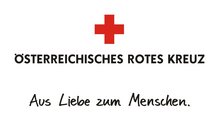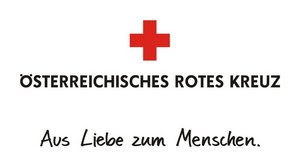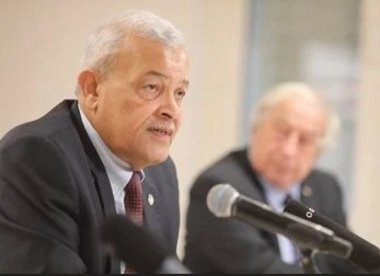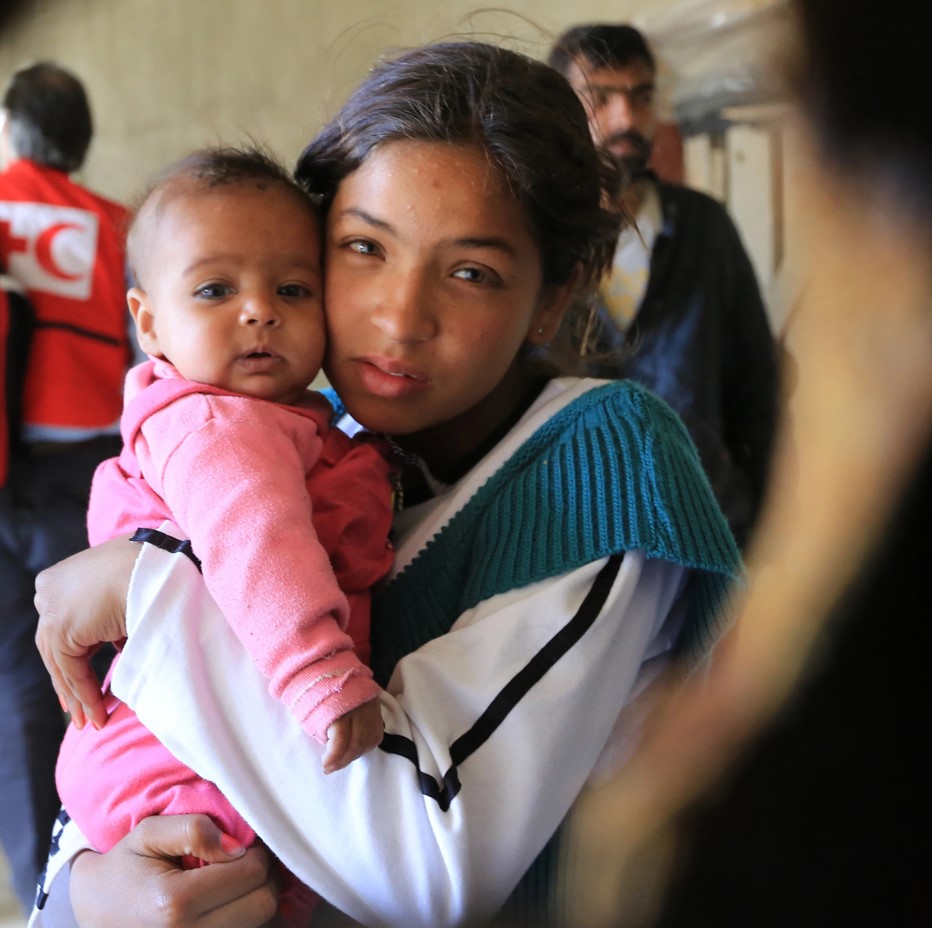On October 9 and 10, 2025, Dr. Younis, President of the Palestinian Red Crescent Society (PRCS), visited the Austrian Red Cross headquarters in Vienna. His visit came at a symbolic moment: just as news broke of a potential ceasefire agreement between Israel and Hamas, offering a glimmer of hope for the people of Gaza.
Dr. Younis shared deeply distressing insights from Gaza, describing it as a region in total collapse. “There is no infrastructure left. The suffering is unimaginable,” he said. He called for at least 1,000 truckloads of humanitarian aid per day—food, baby formula, hygiene items, and medicine. He also shared his first thoughts after hearing about the ceasefire deal, “When I heard the news, I shouted ‘Hurray!’ I remain skeptical; there are still countless problems to be solved. But we can be a little optimistic again.”
During his visit, Dr. Al Khatib also met with AutRC management, the Swiss Embassy, ADA, and members of the Austrian Parliament, focused on humanitarian and development policy, and he held advocacy meetings at the Austrian Ministry of Foreign Affairs. Colleagues from AutRC had the honor of meeting Dr. Younis in person for an informal exchange, which allowed them to ask questions and gain a more personal insight into the work of the PRCS.
Since October 2023, 54 PRCS staff members have lost their lives, 31 of them while on duty. “Our teams have been working around the clock for two years, without rest, under constant threat,” Dr. Al Khatib said. “They were trained to save lives—not to lose their own.”
The ICRC as well has welcomed the recent ceasefire agreement between Israel and Hamas as a critical opportunity to save lives and reunite families. ICRC President Mirjana Spoljaric emphasized that while the truce offers a much-needed pause in hostilities, it must be followed by immediate and sustained humanitarian access. However, at the time of writing these lines, access limitations continue to hamper vital assistance to people in need.
The humanitarian situation in Gaza remains catastrophic. Hospitals are overwhelmed, clean water is scarce, and food insecurity is widespread. PRCS and the ICRC have been operating under extreme conditions, with medical teams performing surgeries around the clock and field hospitals treating thousands of wounded civilians.
Dr. Younis emphasized, “If the ceasefire holds, aid supplies could finally be delivered again, and humanitarian aid organizations could finally resume their core mission: providing neutral, unbiased support to all those in need. Every day that aid is delayed costs lives—on both sides. As a humanitarian aid organization, we are not on either side. We are only on the side of people who need help.”



